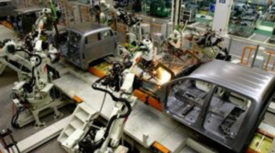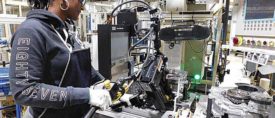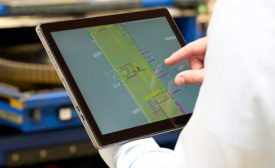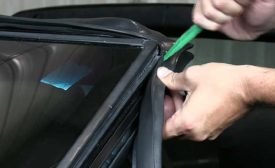Home » Keywords: » RFID
Items Tagged with 'RFID'
ARTICLES
Sponsored Content
Scan LF, HF, UHF RFID tags and 1D/2D barcodes with a single device
October 30, 2023
sponsored content
Key Considerations for Choosing the Right RFID Tag for Your Traceability Application
July 7, 2023
What’s New With Auto ID
New technologies are helping assemblers keep track of product on the line.
August 4, 2022
Never miss the latest news and trends driving the manufacturing industry
Stay in the know on the latest assembly trends.
JOIN TODAY!Copyright ©2024. All Rights Reserved BNP Media.
Design, CMS, Hosting & Web Development :: ePublishing










